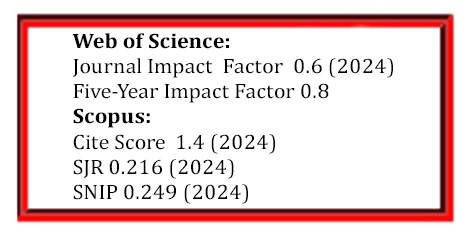Preliminary Investigation of Pozzolanic Properties of Calcined Waste Kaolin
DOI:
https://doi.org/10.5755/j01.ms.24.2.18192Keywords:
calcined kaolin, pozzolanic reactivity, phase transition, Portland cement hydrationAbstract
Current research aims to investigate the influence of calcination temperature on the pozzolanic activity of the waste kaolin and the impact of calcination products on Portland cement hydration. The raw material with approximately 85 % kaolinite was calcined to temperatures ranging between 500 and 1000 °C. The clay and its calcined products were characterized by TGA-DTA, SEM-EDS, XRD, FT-IR and BET. The pozzolanic activity of the calcined products was assessed by electrical conductivity test and compressive strength in mortars with 30 % substitution of Portland cement. The effect of calcined products on Portland cement hydration was characterized by XRD and SEM. The results showed that the calcination temperature had an important influence on mineral phase transition and the pozzolanic activity of calcined products. The degree of disorder and pozzolanic activity of calcined products at 800 °C was the highest at temperatures ranging from 500 and 1000 °C. The impact of calcined products on the hydration of blended systems was a combination of a filler effect at early ages and the pozzolanic reaction at later. The experimental results indicated that calcined products of waste kaolin constituted a potential source of high reactivity pozzolanic materials.
Downloads
Published
Issue
Section
License
The copyrights for articles in this journal are retained by the author(s), with first publication rights granted to the journal. By virtue of their appearance in this open-access journal, articles are free to use with proper attribution in educational and other non-commercial settings.



